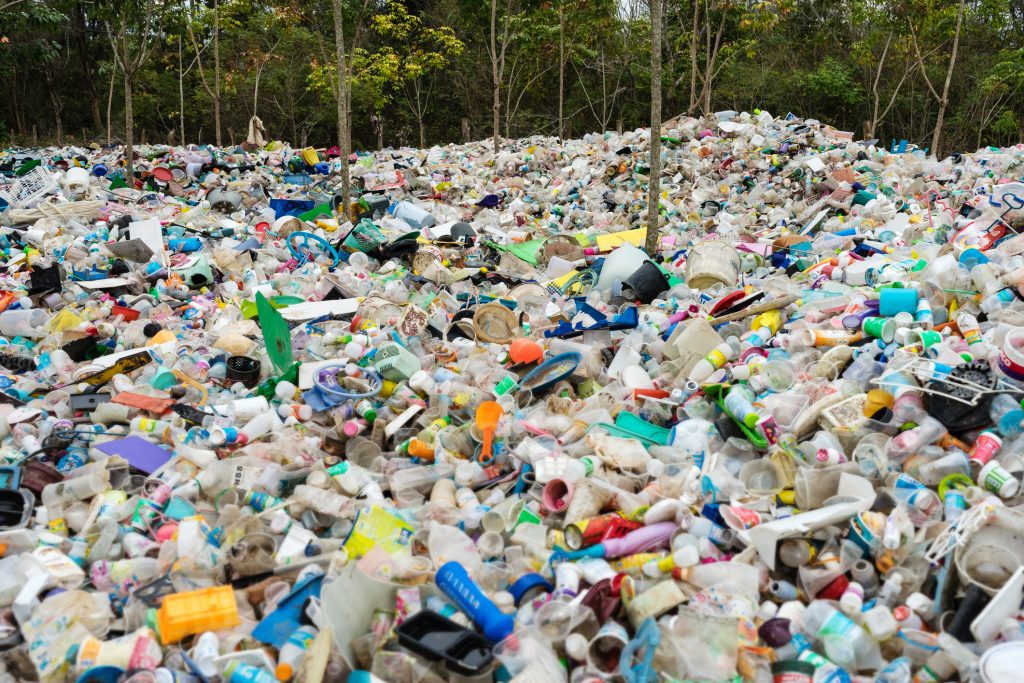Convenient plastics, inconvenient for the planet.
Thought Starters
Thought Starters
Plastic made a huge name for itself when first invented. It was a plastic revolution. Now it makes an even bigger name for itself in landfill sites and public spaces – it’s called plastic pollution.
Takeaway food containers, plastic cutlery, plastic bags, carry-out drink cups, straws. These plastic items have been designed to be used only once before being discarded. While they’re convenient for a few minutes, they take years to break down into microplastics if they end up in landfill.
Australians care deeply about recycling, but admittedly much of our plastic waste doesn’t make it to the recycling bin. There’s confusion as to what can or can’t be recycled. And there’s lack of recycle bins in public spaces.
We’ve all been in a bustling public space, the park or a playground, looking around for a recycle bin. Upon realising there wasn’t one, and with a pang of guilt, we probably throw our plastic into the single rubbish receptacle we can find – the landfill bin.
We haven’t trained ourselves into a good habit of refusing to throw recyclable plastics in landfill bins if it’s the only available option. The thought may cross our mind to take our rubbish home for recycling, but that’s not always convenient. And isn’t the whole point of disposable materials the fact that they’re convenient?
It’s a jarring concept: conveniently disposable items become inconvenient to dispose of responsibly.

What an incredibly versatile material. Strong and durable. Well this turned out to be a curse, didn’t it!
What exactly happens to plastic once it’s dumped in landfills? Plastic bags do start degrading, but it takes approximately 10 – 100 years. Other plastics have varying life spans – many longer than humans ourselves. Given that Australians use more than 10 million plastic bags a day, this is quite a footprint to be leaving.
Meanwhile, plastic pollution and the degrading components can contaminate soil and water, proving to be an environmental hazard. It takes such a long time to become non-hazardous.
And all this, from one convenient takeaway iced-coffee on a hot day. One sushi handroll to eat on the go. One birthday cake served on plastic plates in the park.
Let’s think twice before agreeing to convenient disposable plastics. They may not make it into the recycle bin – and their fate will be to live their life out in our landfill answering to a new name: plastic pollution.
The world of sustainability is always changing. The information we’ve provided is based on what was current when we published it. So, please make sure to check the latest standards and guidelines.